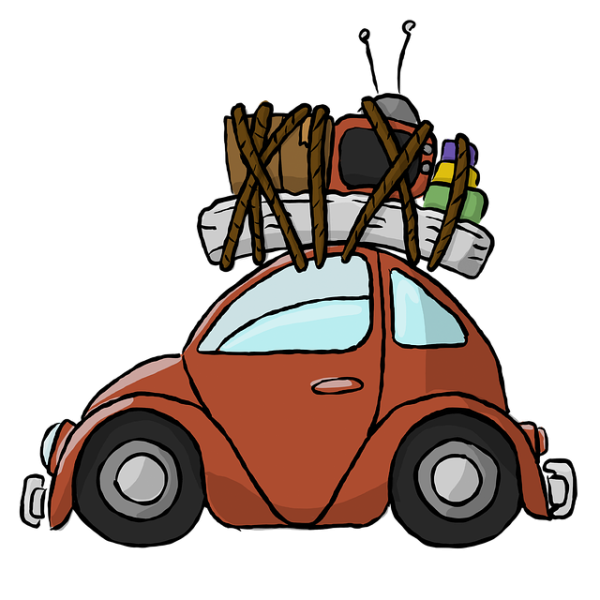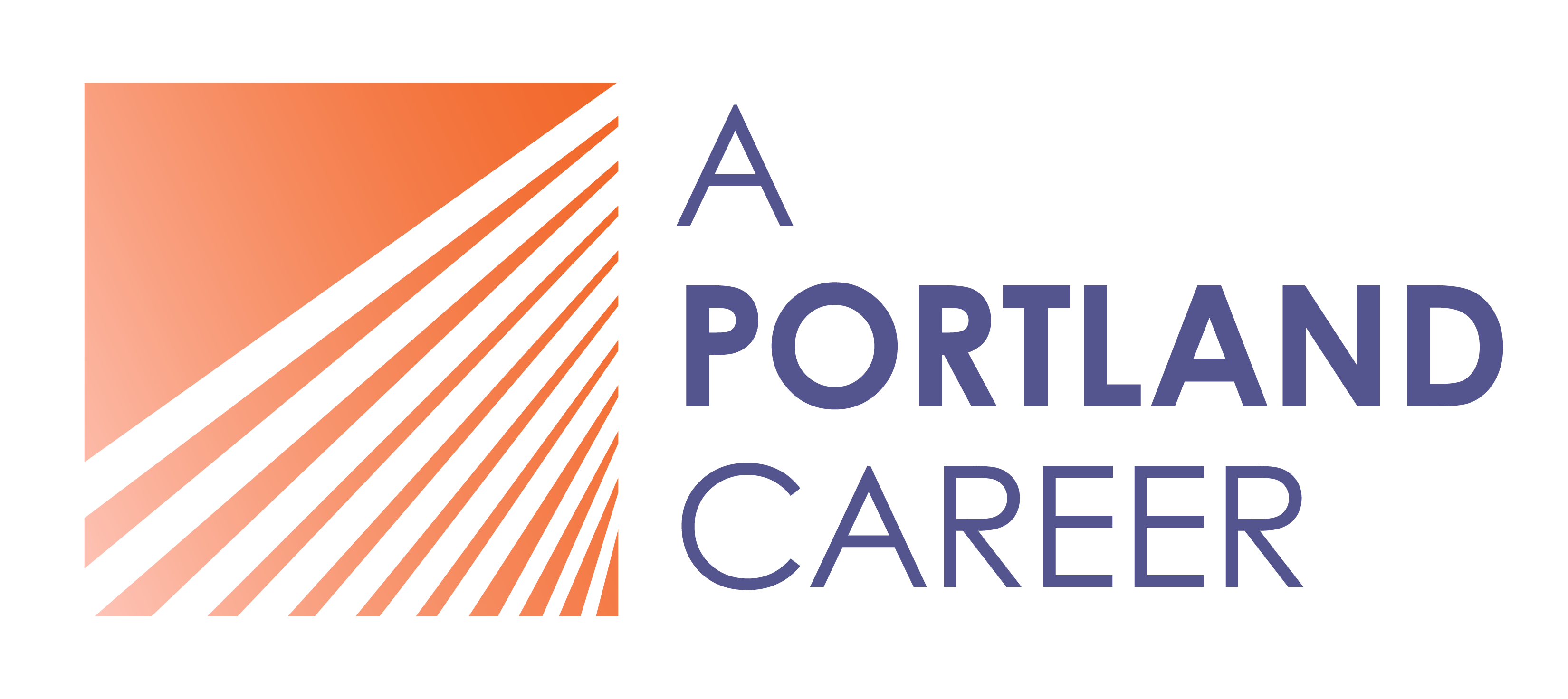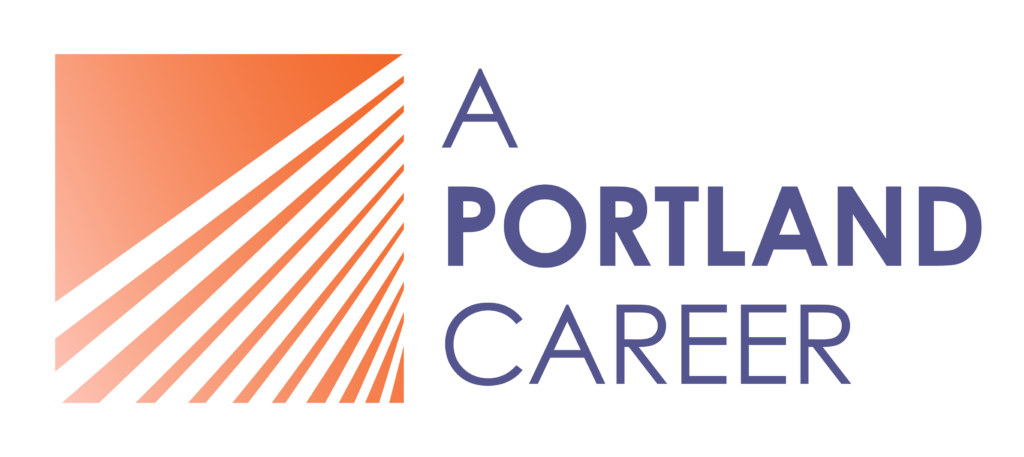Kickstart your career exploration with some strategic volunteering in fields that align with your values and interests!
Discover how to overcome your internal and external barriers to finding the right career for you!
How to Prepare for a Fulfilling Career: Identifying and Overcoming Career Barriers
By Dan Hahn, M.S., and edited by Jelena Grove and JD Duran
Need help assessing your career stumbling blocks? Schedule a call with us, and let’s work on it together

Self-assessment is an often overlooked yet critically important part of your job search—and it happens way before you start scanning job postings and submitting your resume. Before you officially begin your search, you should have an idea of your career goals. You should also consider what barriers you may face on your career path, and the resources you possess that you can use to overcome them.
It’s critically important to be aware of any potential barriers that may prevent you from subconsciously sabotaging your career transition or search for a new job. It’s equally important to take stock and be aware of your resources, to remind you of your strengths and the people who have your back during the journey.
There are two types of resources and barriers: those within ourselves, and those outside of ourselves. Let’s take a closer look at what that means and how you can identify them for yourself.
Home → Helpful Articles → Career Growth → How to Prepare for a Fulfilling Career: Identifying and Overcoming Career Barriers
Here are more great posts to help you along your career path, whether you’re looking to expand your skills and meet new challenges, or thrive where you are:
- How to Get the Education You Need to Further Your Career
- The Tech and Social Media Skills You Need as a Job Seeker or Career Explorer
- The Job Seeker’s Checklist: Your Career Development Toolkit
- How Strategic Volunteering Can Help You Find a Job You Love
- What’s the Difference between A Job, A Career, and A Calling?
- Career Trends 2023: What Will Impact the Job Market in the Coming Year
If you feel stuck, get in touch with us, and we’ll tailor a career growth plan to help you become the professional you want to be.

Identifying Your Internal Barriers
Internal barriers can be best described as internal weaknesses that can prevent us from accomplishing the tasks we’ve set for ourselves, from tapping into our potential, and from feeling satisfied and fulfilled—both in our jobs and in our personal lives. To start this self-assessment process, consider the common barriers humans tend to create within ourselves, such as…
- Self-defeating beliefs and lack of confidence or self-esteem
- Negative thoughts, fear, or resentment
- Lack of concentration or ability to focus on the tasks at hand
- Bad habits like procrastination that weaken our resolve and energy
- Biases that interfere with or distort your career aspirations
Some anxiety about a career change is natural, particularly if you had negative experiences in your work history. These feelings need to be named and addressed so they don’t overwhelm you and undermine your efforts to get a job. If you have incessant nightmares about your old boss or are continually plagued by coulda-shoulda thoughts, some therapy may be needed.
If negative thoughts are intermittent and you function reasonably well most days, increase your equilibrium by applying the tips we’ve laid out in the post Reduce Negative Self-Talk.
A day spent judging another is a painful day.
A day spent judging yourself is a painful day.
You don’t have to believe your judgments:
they’re simply an old habit.
– The Buddha

Taking Stock of Internal Resources
Next, it’s time to take stock of the internal resources to help you overcome the self-limiting barriers you identified in the previous section. Your internal resources can be best described as personal qualities, beliefs, or habits you have that strengthen you as a person and provide you with the know-how and fortitude necessary to overcome your inner struggles or dissonance.
You might identify things like…
- Confidence in your intelligence or skills
- Productive habits like exercising or eating a balanced diet
- A sense of imagination or creativity
- Tenacity, grit, or persistence
- Know-how in managing your mental health, emotions and/or negative thoughts
- The ability to learn new skills
Spiritual beliefs and practices are also powerful internal resources during times of transition.

Identifying Your External Barriers
Now it’s time to move outside of yourself and identify possible external barriers. These are the career obstacles whose source comes from outside yourself, such as people, places, or circumstances beyond your control that limit your career options. Your external barriers might be things like…
- The inability to relocate
- An unsupportive spouse or family member
- Financial hardship or a criminal record
- Living somewhere where you don’t speak the language
- Health problems or disabilities
- The need for a short-term subsistence job
- Lack of experience needed for career move
In this phase of your self-assessment, it’s critical to be bold and unflinchingly honest as you assess the size and veracity of these barriers. Family, friends and others in your life may criticize your drive to break into a new field, thus becoming one of your external barriers.

Taking Stock of Your External Resources
Last, take stock of the external resources in your possession that you can use to overcome the external barriers you’ve identified above. External resources can best be described as your outer connections, possessions/assets, or network, that can help you rise to the challenges you’ve just identified. These can look like…
- Memberships in professional or university alumni associations
- A savings account or credit card
- Access to child care or healthcare
- A community of fellow career seekers
- A helpful career coach, mentor, or advisor
- A supportive spouse, therapist, family members, or friends
As the Beatles famously sang, We “get by with a little help from our friends.” This is the time to identify the family, friends, connections, or other assets that will do a little (or a lot) to energize your transition and propel you past your employment barriers––and into the job market.
Note: Print out a copy (or a few) of the Resources and Barriers Grid below. When you come back, jot notes on it as you start to identify important aspects of your inner and outer resources and barriers.
The Resources and Barriers Grid
INTERNAL BARRIERS | INTERNAL RESOURCES |
EXTERNAL BARRIERS | EXTERNAL RESOURCES |
After you’ve listed all your barriers and resources, identify the top three in each category. Then list the ways you might overcome your barriers and best utilize your resources:
Top Internal Barriers | Steps to Overcome Barrier |
1. | |
2. | |
3. | |
Top External Barriers | Steps to Overcome Barrier |
1. | |
2. | |
3. | |
Top Internal Resources | Steps to Utilize Resource |
1. | |
2. | |
3. | |
Top External Resources | Steps to Utilize Resource |
1. | |
2. | |
3. |
Final thoughts about overcoming career barriers
No matter who you are and how much success you’ve had (or haven’t) in your career, it’s worthwhile to remember that we all have our limitations. Even more important to keep in mind is that we all have resources that we may not always remember we possess offhand–especially during times of stress.
Identifying your barriers and taking stock of your resources with pen and paper is a great practice to take stock of the things you have going for you–and against you–so you can address your weak spots and create positive changes in both your work and personal life.
Key Takeaways
- By identifying your barriers and resources, you’ll help prevent yourself from unconsciously sabotaging your career efforts
- Be honest about your strengths and limitations—deceiving yourself won’t do you any favors
- If you’re chronically overwhelmed by your internal barriers, it might be a good idea to consider therapy
- Write down your top three internal and external barriers and ideas for how to overcome them, as well as your top three internal and external resources and how to utilize them
- Sometimes, your family or friends can be external barriers to your career transition, and successfully overcoming this barrier may require some extra research and a delicate approach
Related articles you might be interested in:
What’s the difference between a job, a career, and a calling?
Job vs. career: even the most basic of human endeavors can lead us to search for a deeper sense of meaning. The difference might not be so binary after all.
The Tech and Social Media Skills You Need as a Job Seeker or Career Explorer
Resistance is futile! Get comfortable with workplace tech and make it part of your career development plan!
How to Get the Education You Need to Further Your Career
Education and certification costs are absurd! Here are 5 great ways to finance your education so you can move forward in your career.





